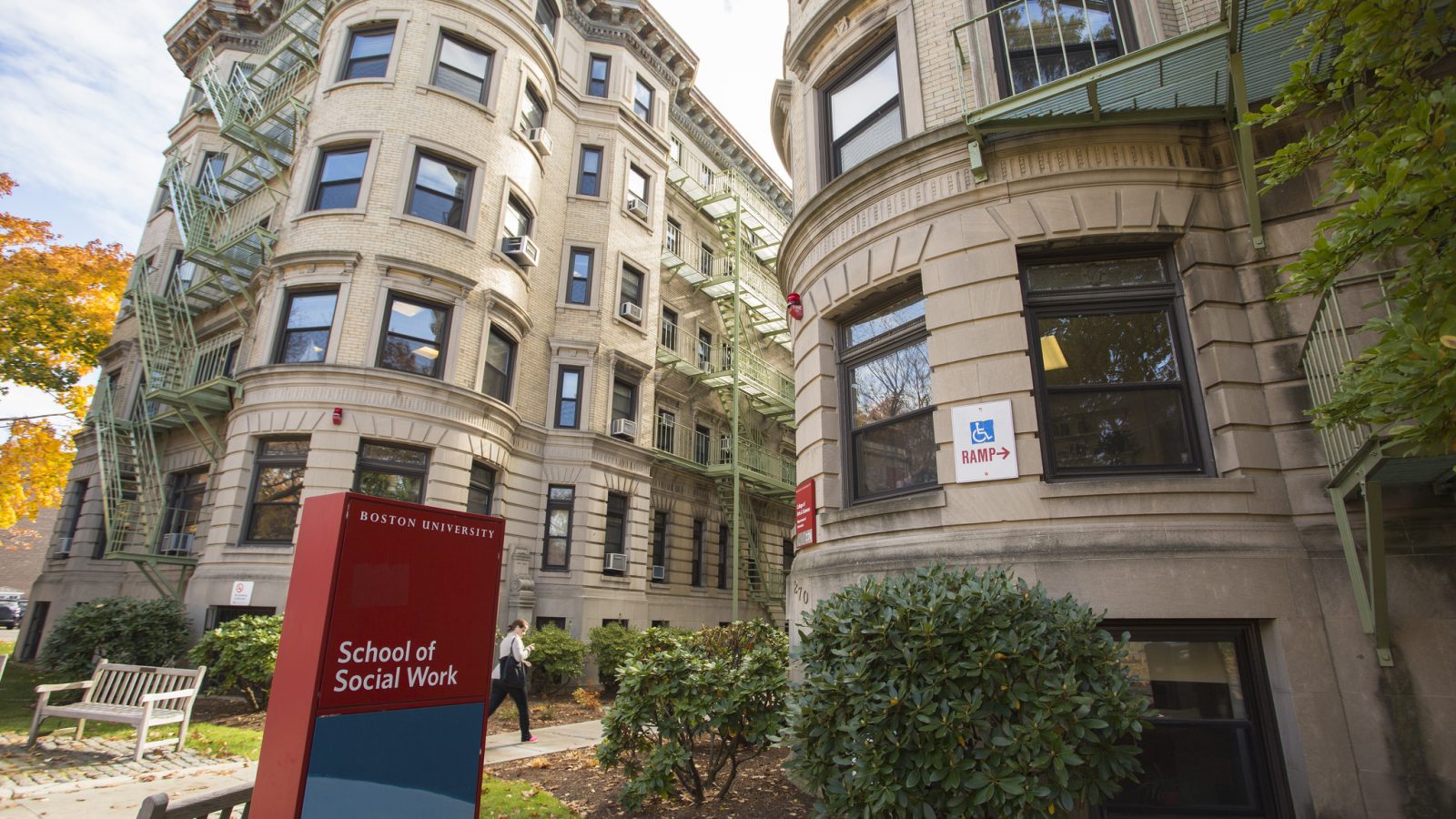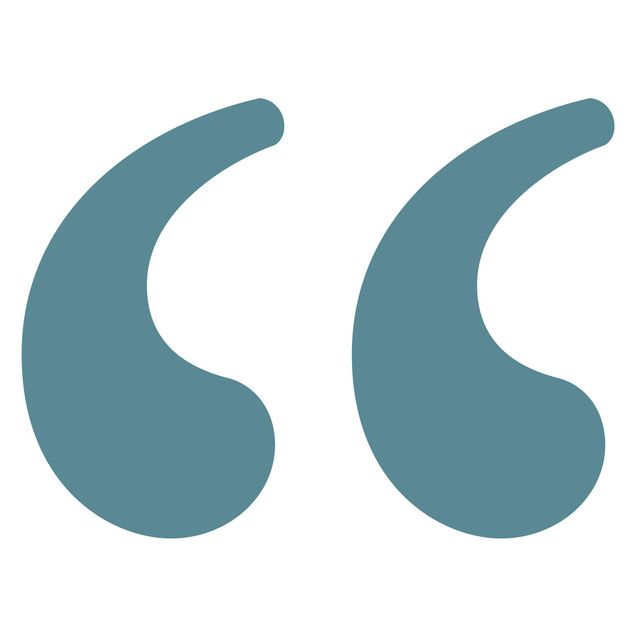The Brink: Prof. Gonyea Shares Expertise on the Causes of Unequal Aging Experiences

Societal inequalities such as race, income, and education contribute to unequal aging experiences, impacting older adults’ health outcomes and quality of life. In an interview with BU’s The Brink, Prof. Judith Gonyea from BU School of Social Work highlights the importance of addressing these disparities through policies and interventions that prioritize equitable access to resources throughout people’s lives to promote healthier aging for all.
Excerpt from “The Ingredients of Unequal Aging: Housing, Income, and Health” by Jessica Colarossi:
 ‘More generations are alive together than ever before,’ says Judith Gonyea, a Boston University School of Social Work professor of social research. This is a gift, she says, as generations can support and learn from each other. But for more people to fully experience a stable and healthy retirement, a number of societal changes need to happen.
‘More generations are alive together than ever before,’ says Judith Gonyea, a Boston University School of Social Work professor of social research. This is a gift, she says, as generations can support and learn from each other. But for more people to fully experience a stable and healthy retirement, a number of societal changes need to happen.
Gonyea studies aging inequality—the idea that not everyone has equal access to the resources needed to reach a secure, healthy old age, and that barriers disproportionately impact marginalized people. And, as the global population gets older, creating a world more supportive for all is more important than ever: by 2030, one in six people worldwide will be aged 60 years or over, and the number of people over 80 years old is expected to triple between now and 2050, according to the World Health Organization.
Unequal aging is often reinforced, and even amplified, by how social programs and policies are structured, Gonyea says, and by embedded systemic racism, sexism, ageism, and other forms of discrimination.
‘Solving unequal aging requires directly addressing the unequal social contexts individuals experience across the life course,’ she says. For most older Americans, achieving a secure old age depends on addressing three pillars: income, housing, and health.”